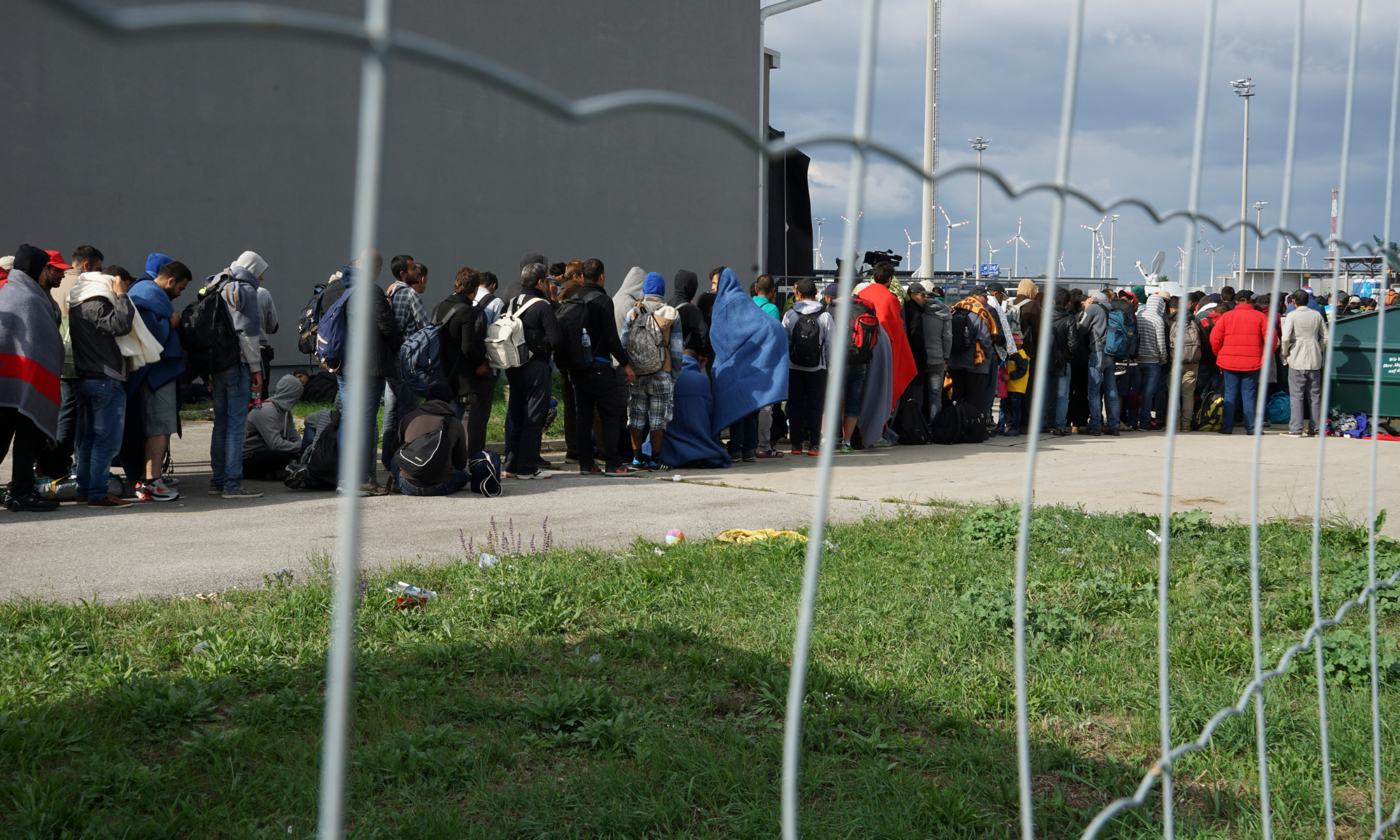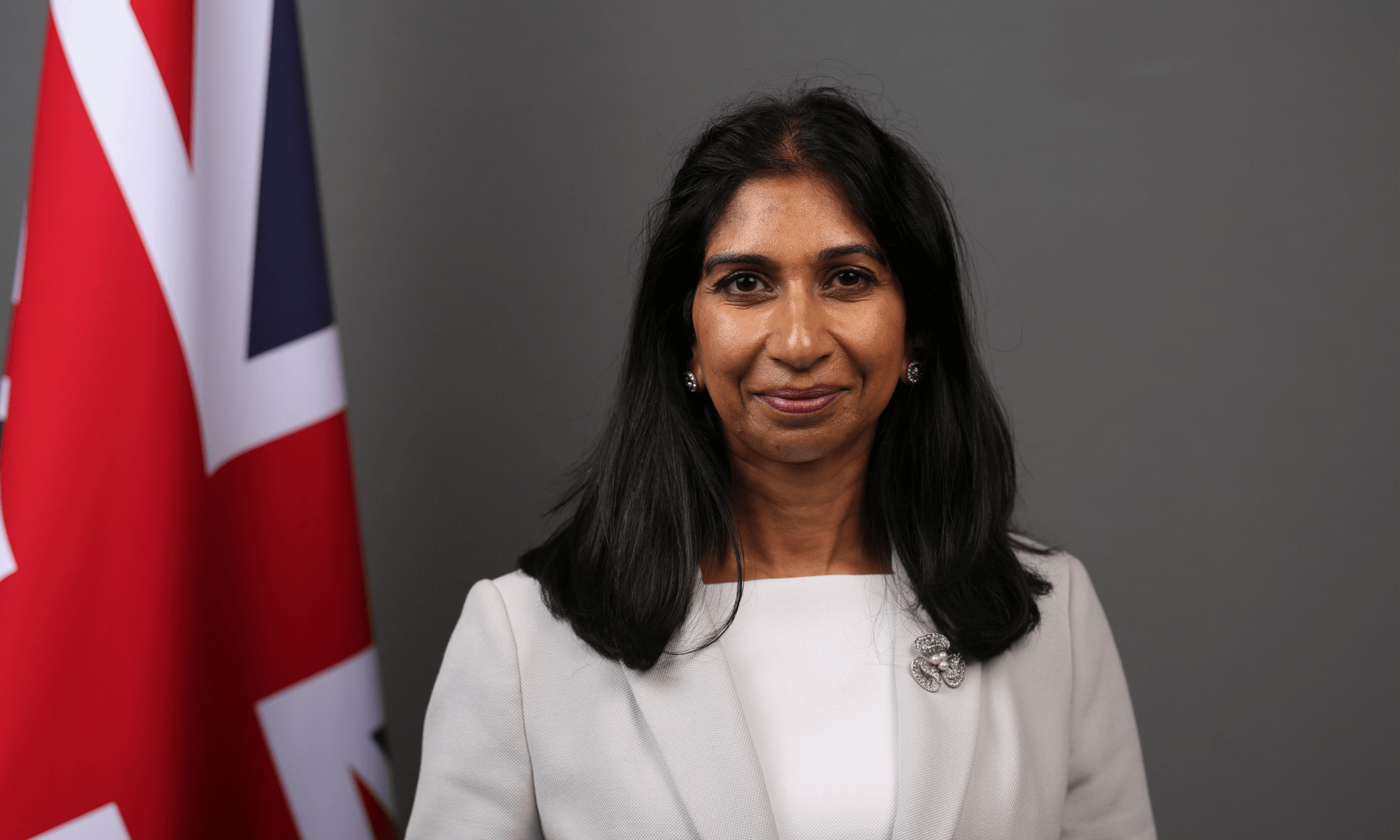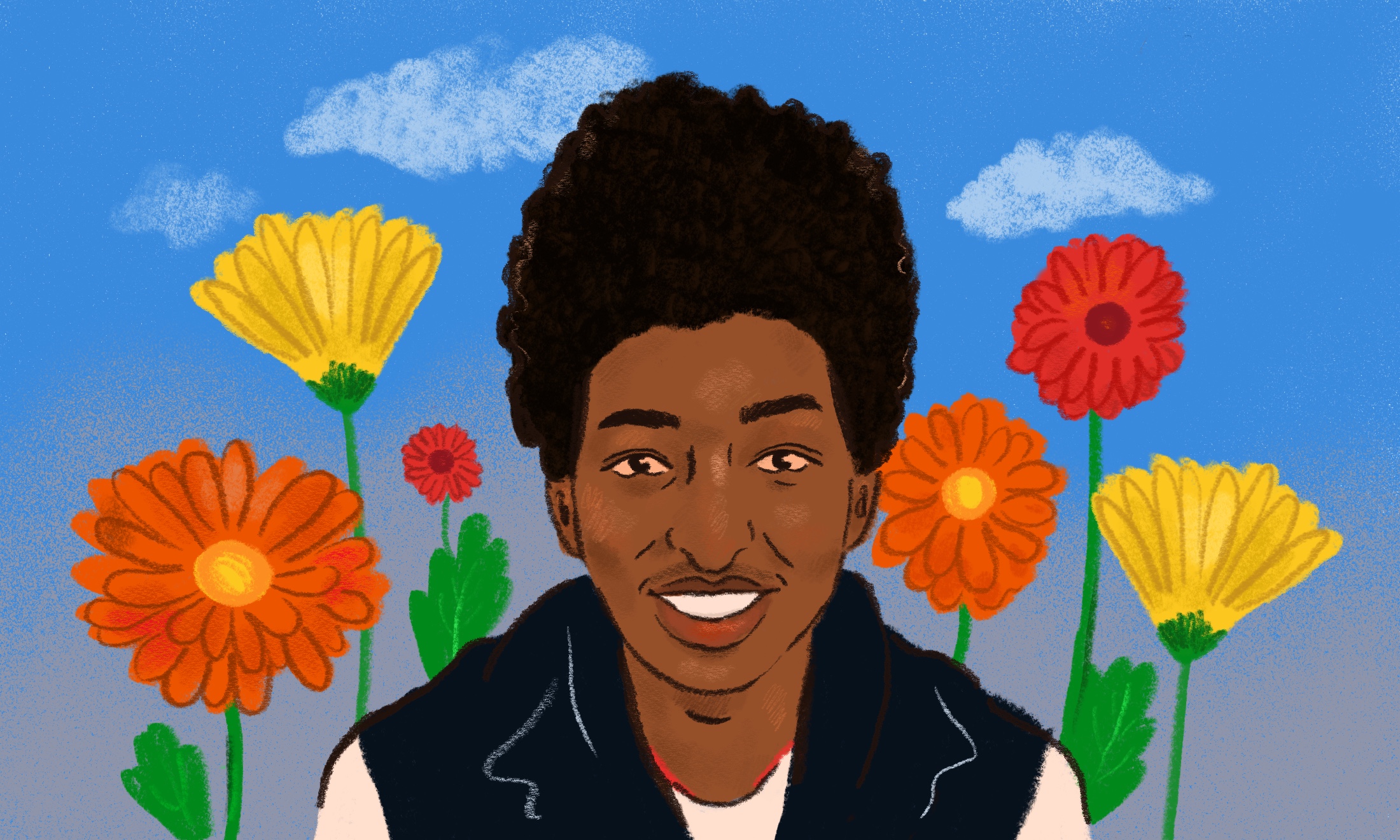
Europe has afforded the migrant a poor welcome: reflections on volunteering in Greece
Elizabeth Davies-Kumadiro
19 Jun 2016
When the EU-Turkey deal was announced, police in Lesbos decided to clear 7000 displaced people off the island within 48 hours. They wanted to be able to tell who had arrived on the beaches in a dinghy before 20 March and who had arrived after. Those who arrived before had to be shipped to the mainland. Those who arrived after needed to be rounded up and sent back to Turkey.
On 19 March, I was in Greece volunteering at ‘Better Days For Moria’, and was standing in the crowd as the message trickled down to people at the refugee camp. A man stood at the top of the olive grove and shouted that the police needed 150 people to accompany them in the next twenty minutes, or there would be a raid. A few days before, the police had come to look for a man who had “escaped” over the barbed wire fence of the “open” government camp across the road. After a brief search, they gave up, and snatched a random man from the lunch queue to take back with them.
The people who went with the police were put on a boat without information. That night, some sent the volunteers drop pins. Their boat waited in the middle of the ocean for about 12 hours, before eventually taking them to Athens. Once there, they were put on a bus for 24 hours without food or water before eventually ending up at a camp in Kavala. Volunteers who had been with these people since the borders around Greece closed were desperate to know what was happening, but no-one on the bus would call: they couldn’t waste phone charge when they didn’t know when they would next have access to electricity.
People who had not accompanied the police to the boat were informed the next day that they must hand themselves in at the government camp across the road. The last boat to the mainland had left, so they would be counted as post-EU-Turkey deal entrants. Many had been in Greece for weeks.
The government camp became a detention centre. The press were banned. Greek armed forces began to patrol the fences. The UNHCR (the arm of the United Nations responsible for refugees) and Médecins Sans Frontières pulled out in protest. People left our camp in small groups. They would collect an apple, a banana, a water bottle and a single chocolate-filled croissant in a foil packet. Then, with great dignity, they would pause to shake the hands of volunteers and thank us for our work.
Since 20 March, there have been multiple hunger strikes at the detention centre and, more recently, riots and fires after the police hit a child. Those who protested have been subjected to tear gas deployed by police in riot gear. Some have already been deported to Turkey.
I got a boat to the mainland soon after the camps on the island were emptied, travelling with fellow volunteers and an Afghan teenager named Kareem. Kareem would laugh at the volunteers fussing over him, and shrug: “moshkeli nist!” (“no problem!”). One American man was very keen to tell everyone that he would take personal responsibility for Kareem if anything happened, despite the fact that Kareem’s papers allowed for travel within Greece. It didn’t stop him from giving Kareem, a Muslim, a pork gyro to eat for dinner.
It is shocking to think that the basic dignity of migrants and asylum seekers has been so eroded in Europe that, occasionally, it is not even recognisable to volunteers. At other times, the distinction between volunteer and migrant can seem quite arbitrary. When we got off the ferry, the police thought that I was a refugee, because I am not white. My British citizenship was the only reason I could walk past the bus which waited beside the ferry.
At Piraeus Port, volunteer initiatives irregularly provided food and some clothes for the 5000 people who had nowhere to go. For clothing, women queued for hours in the sun without water, holding babies or young children, only to finally arrive at the front and be offered one item. Most of the time they would return to their tents with stuff for their kids but nothing for themselves, as many of the donations are deemed inappropriate. Volunteers already remove the most offensive clothing, like an old t-shirt with a picture of a spleen on the front and ‘I don’t belong here’ written on the back. As one guy said, “People just don’t think—it’s this stupid consumer culture we have—they just clear out the bottom of their wardrobe to clear their conscience.”
Volunteers are better than nothing, but we are far from enough. The Port is literally a wasteland. Outside, thousands of tents pepper the concrete like unchecked growths: bright, low-rise roofs clumped together between mountainous ferries and curving concrete bypasses. Inside, in commercial buildings and warehouses, a tessellation of ugly grey UNHCR blankets form flimsy borders, dividing one family’s few metres of space from the next.
One man I met there, named Assam, asked me about my degree. We chatted about Shakespeare and Hemingway after he gave my friends restaurant recommendations for Monaco. Assam was fleeing from Iraq. Da’esh had destroyed £500,000 of his assets. He, his wife, and their two polite little girls couldn’t fly to Europe because airlines don’t accept asylum seekers. We gave him shoes and drew the girls a hopscotch. He helped us with the clothes distribution, translating back and forth from Arabic to perfect English. When one young man wasn’t happy with the shoes we gave him, Assam swapped them for his own.
He and his family went to the government camp but became sick, and returned to the port. Asylum claims are not being processed fast enough. The Greek Regional Asylum Office allocates three hours per language per week for Skype interviews, necessary to begin the asylum process. No-one I met had managed to get through.
As soon as a person is washed up on a European beach, we begin to gauge their autonomy from them. Migrants are left with little option but to walk themselves to a detention centre, to violate their religious beliefs, or to wait, degraded and abandoned, next to the dirty water of a commercial Port which lies a short metro journey from the Acropolis.
Earlier this month, British politicians argued about whether or not unaccompanied children were safe to remain alone in camps in Europe. The assumption behind many of their comments is that once in Europe, people are looked after. This is not true.
As one Pakistani man said to me at the camp in Lesbos, “I only came to Europe because, I thought, these people are Christian; these people are my people. Now I am here, I realise that is not true. These people are not my people.” Suffering religious persecution at home, he was considering suicide in a refugee camp.
Europe has afforded the migrant a poor welcome.

Britain’s policing was built on racism. Abolition is unavoidable

Against the binary: imagining a future of holding my chest high

How Pakistan’s Khwaja Sira and transgender communities are fearing and fighting for their futures






